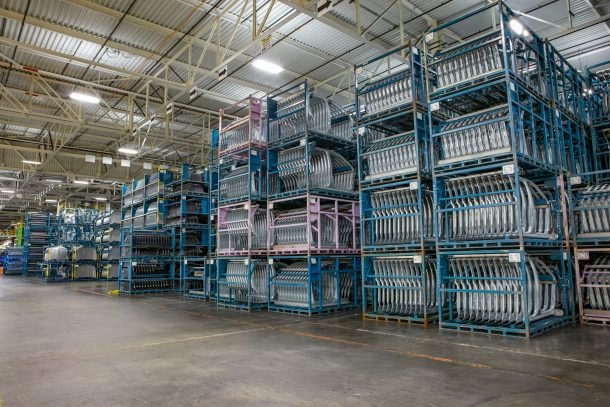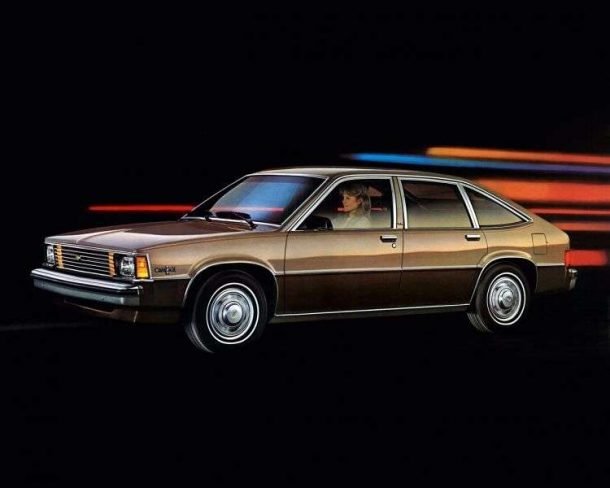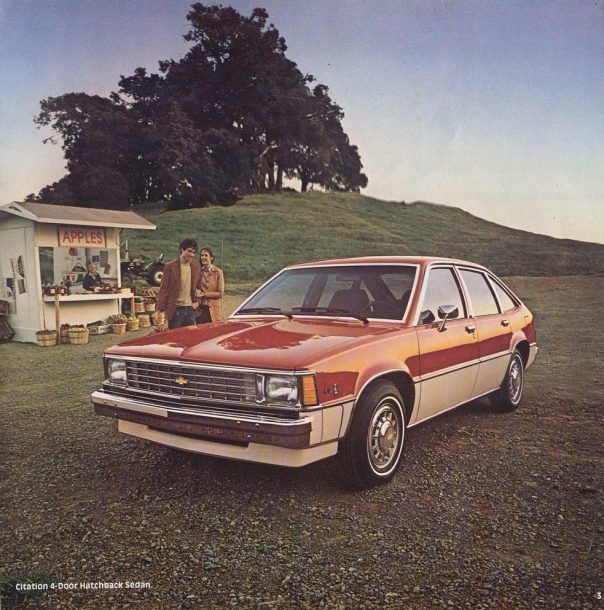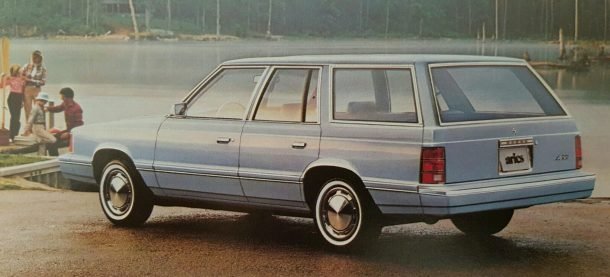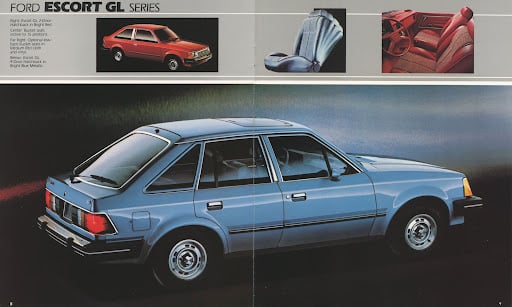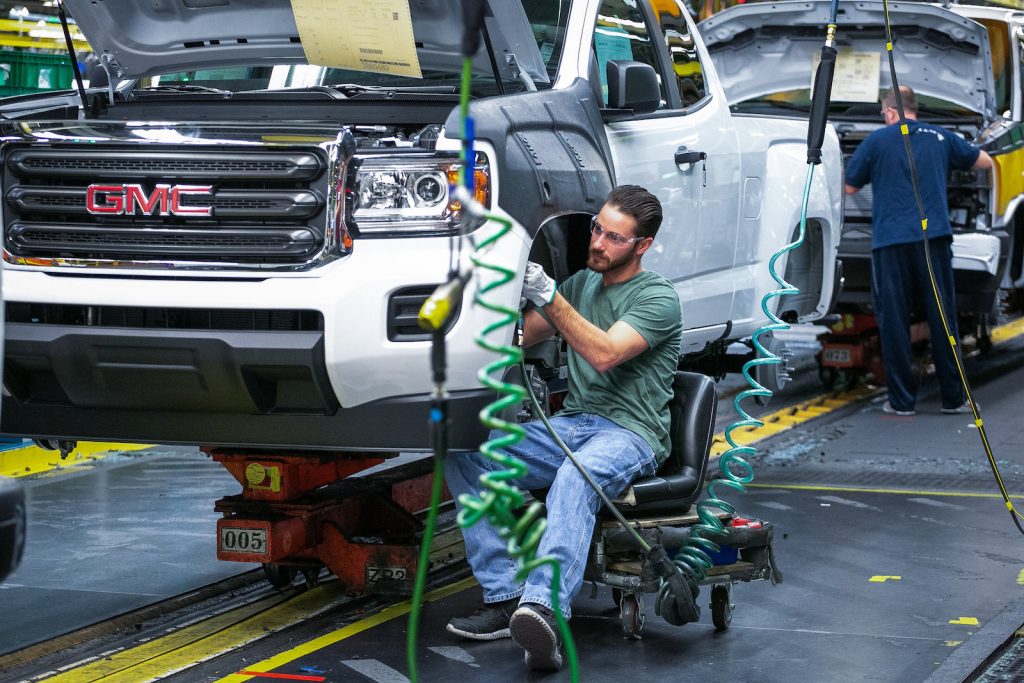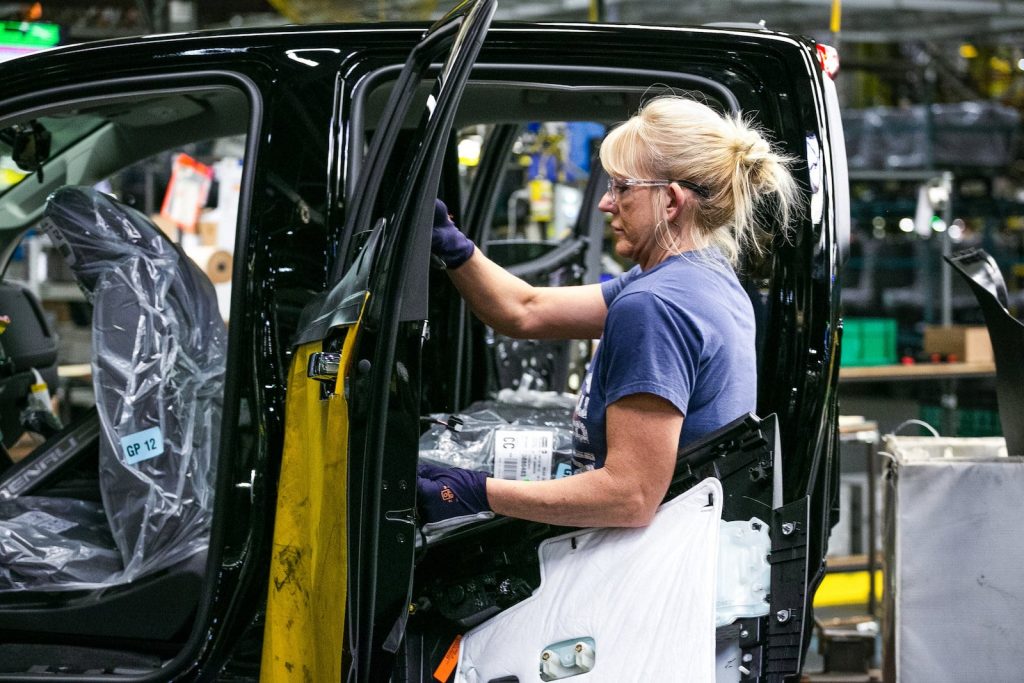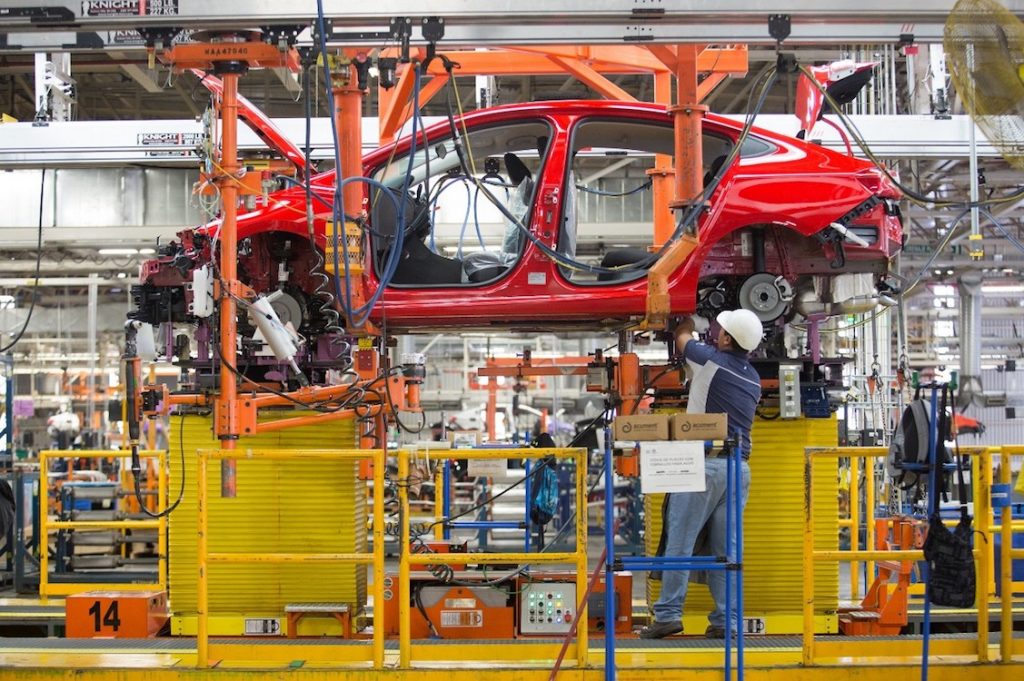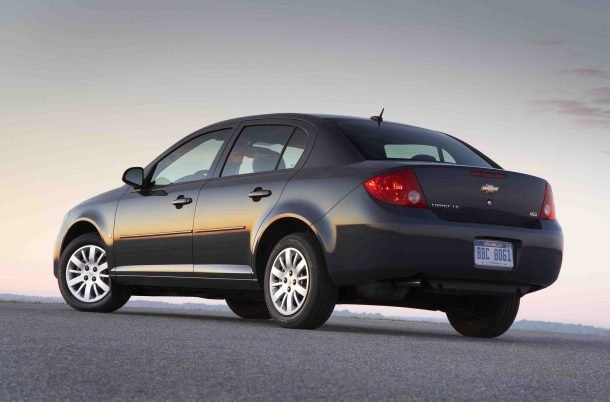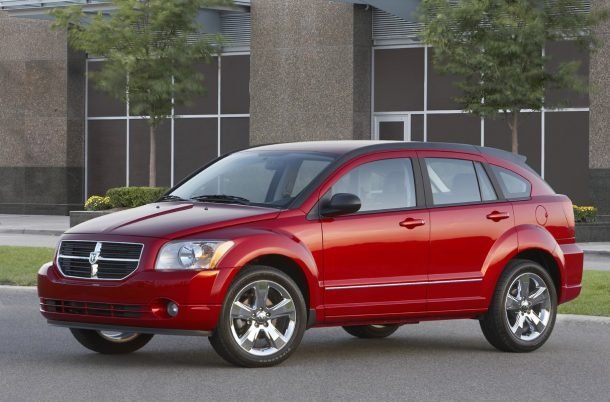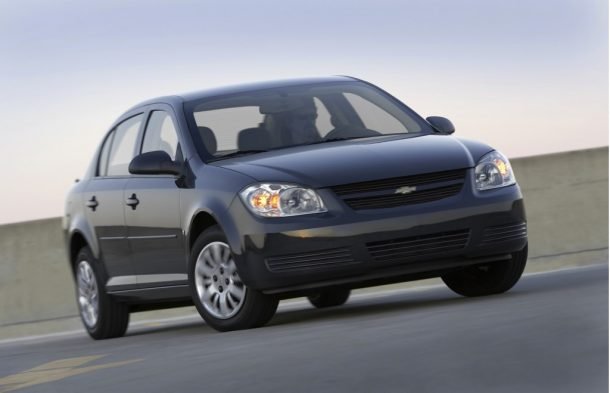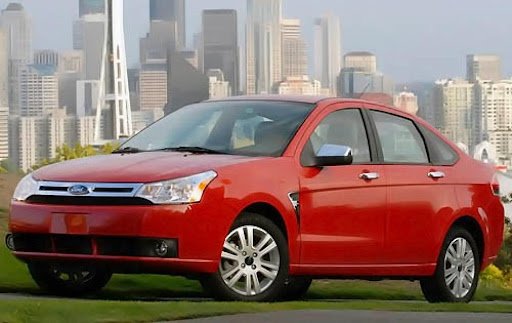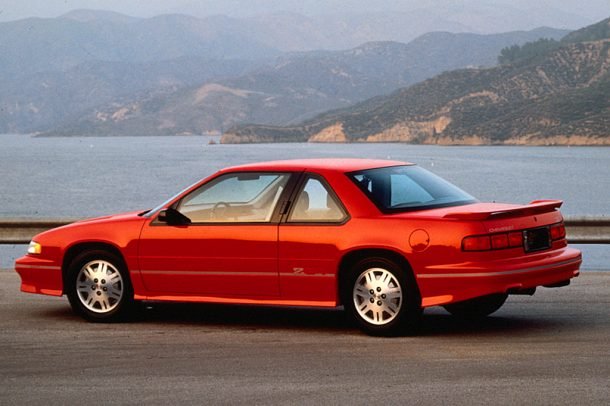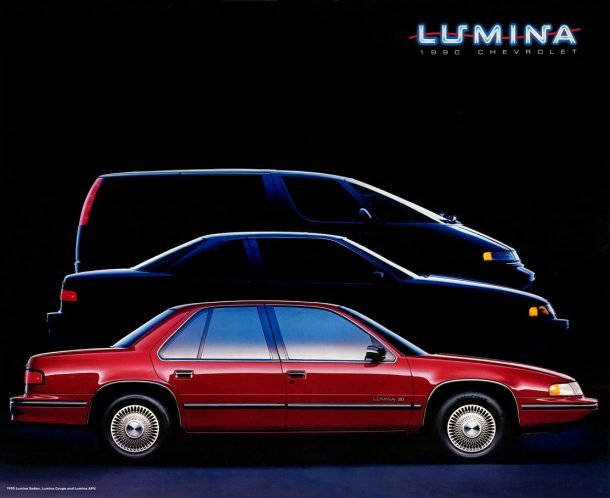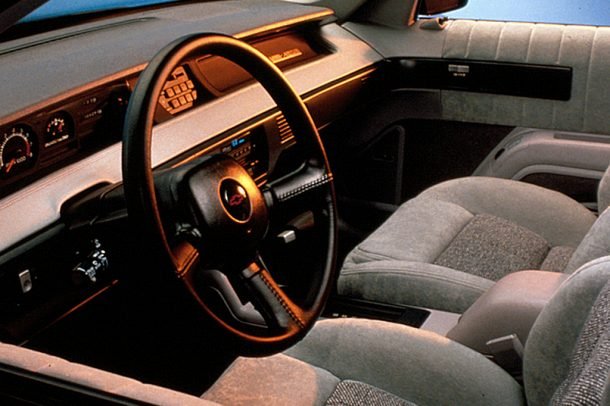<img data-attachment-id=”1772492″ data-permalink=”https://www.thetruthaboutcars.com/2021/08/abandoned-history-chryslers-liberty-project-to-saturn-or-not-to-saturn/iacocca-k-car-1024×532/” data-orig-file=”http://gagetruck.com/wp-content/uploads/2021/08/abandoned-history-chryslers-liberty-project-to-saturn-or-not-to-saturn-5.jpg” data-orig-size=”1024,532″ data-comments-opened=”1″ data-image-meta=”{“aperture”:”0″,”credit”:””,”camera”:””,”caption”:””,”created_timestamp”:”0″,”copyright”:””,”focal_length”:”0″,”iso”:”0″,”shutter_speed”:”0″,”title”:””,”orientation”:”0″}” data-image-title=”Iacocca-K-Car-1024×532″ data-image-description=”
Chrysler
” data-medium-file=”http://gagetruck.com/wp-content/uploads/2021/08/abandoned-history-chryslers-liberty-project-to-saturn-or-not-to-saturn-2.jpg” data-large-file=”http://gagetruck.com/wp-content/uploads/2021/08/abandoned-history-chryslers-liberty-project-to-saturn-or-not-to-saturn.jpg” class=”aligncenter wp-image-1772492 size-large” src=”http://gagetruck.com/wp-content/uploads/2021/08/abandoned-history-chryslers-liberty-project-to-saturn-or-not-to-saturn.jpg” alt width=”610″ height=”317″ srcset=”http://gagetruck.com/wp-content/uploads/2021/08/abandoned-history-chryslers-liberty-project-to-saturn-or-not-to-saturn.jpg 610w, http://gagetruck.com/wp-content/uploads/2021/08/abandoned-history-chryslers-liberty-project-to-saturn-or-not-to-saturn-1.jpg 75w, http://gagetruck.com/wp-content/uploads/2021/08/abandoned-history-chryslers-liberty-project-to-saturn-or-not-to-saturn-2.jpg 450w, http://gagetruck.com/wp-content/uploads/2021/08/abandoned-history-chryslers-liberty-project-to-saturn-or-not-to-saturn-3.jpg 768w, http://gagetruck.com/wp-content/uploads/2021/08/abandoned-history-chryslers-liberty-project-to-saturn-or-not-to-saturn-4.jpg 120w, http://gagetruck.com/wp-content/uploads/2021/08/abandoned-history-chryslers-liberty-project-to-saturn-or-not-to-saturn-5.jpg 1024w” sizes=”(max-width: 610px) 100vw, 610px”>In Part V of the Rare Rides series on the Eagle Premier, I mentioned an abandoned project at Chrysler called Liberty. Announced in 1985, Liberty was supposed to be a direct challenge to GM’s recently announced Saturn brand. Or it wasn’t, depending on what day of the week Liberty was addressed.
Chrysler’s PR department and CEO Lee Iacocca seemed at odds on what the Liberty project was, but they were both sure it was very important and it would build something, probably.
The Detroit Three were in a bit of small-car worry in the mid-Eighties. Detroit’s desire to create a competitive subcompact car was outside their prior 50 years of land-barge expertise. At the same time, previous protections assured by Japanese car import quotas were about to expire, as declared by Reagan’s White House. Japanese companies were also getting around said restrictions by building manufacturing facilities within U.S. borders. Time for action.
General Motors acted first (officially) when early in 1985 it incorporated the Saturn brand and made a land purchase in Tennessee for a new factory. Chrysler followed suit in late March of ’85 when it announced Liberty. Both Saturn and Liberty were about more than “build an econobox” ideologies but rather intended to refine and streamline the manufacturing process, just like the Japanese. Streamlining cut costs, and would ultimately assure domestic subcompacts could compete with the ever-increasing Japanese competition.
Speaking of competition, Lee Iacocca was not comfortable with the news media’s implication that Liberty was a response to Saturn. Lee said Chrysler was working on Liberty first, they just didn’t tell anyone about it. Hidden for two years before the announcement, Liberty was to produce a car in 1990 – two years following Saturn’s claim of 1988. Lee pointed to the more sophisticated manufacturing Chrysler was already doing, something GM wasn’t doing across its portfolio. The contemporary Omni/Horizon twins were his sophisticated manufacturing examples.
Liberty, he said, would improve the manufacturing process to such an extent that it would save $1,000 per car. And the rest of the savings would come from a better currency balance between dollars and yen. Liberty would use modular construction, have a plastic body, and use either three- or four-cylinder power. All the car’s functions would be controlled by 12 advanced microprocessors. Because Liberty would be a modular design, components could be produced abroad (saving money) and assembled domestically.
Such was the story in March of 1985. By late April there was a different spin on Liberty, to the point the stated goal of the entire project had changed. Mr. Iacocca was in Tokyo on April 17th, 1985, making some announcements to the press about future business. Among them, that Chrysler had “…ceded the low end of the market to the Far East.”
The statement above came on the heels of the announcement of the Chrysler-Mitsubishi joint project that you’d know as Diamond Star Motors. Since the Japanese were just so good at small cars, Chrysler would let them help – a lot. Mitsubishi would design the DSM cars, and run the plant at Normal, Illinois (its groundbreaking was in April 1986).
Iacocca addressed Liberty that day too and said the high-tech Liberty that was in the works earlier than GM’s Saturn and targeted Saturn-like economy car things would not produce a subcompact car. Then he added “per se,” to the end of his statement. Naturally, this confused the press, who ran to telephone their favorite Chrysler PR person. Weeks before in March, many journalists were shown a working prototype of a Liberty project car (no photos of this on the internet).
Chrysler made an official statement that day and claimed that Chrysler never had a particular car in mind with Liberty, but the project was more about technology and streamlined management techniques. Said techniques would be finalized within Liberty and then implemented at all current Chrysler manufacturing facilities. The fact a working prototype had already been shown was not addressed.
About 11 months after the initial Liberty announcement, Iacocca was still talking about Liberty, and once again it was labeled as a direct charge against Saturn. Manufacturing streamlining and cost-cutting had been refined, and the estimate of cost savings was up, now $1,500 to $2,000 per car.
While Saturn was still moving forward with its new brand, Iacocca announced a change in direction for Liberty once more: It would now start with the decade-old Dodge Omni and Plymouth Horizon as its basis. The Liberty project was underway and contained largely within the Belvedere, Illinois plant where the two hatchbacks were produced.
On May 15th, 1986, Iacocca announced the newest and cheapest Omnirizon models, the stripped-out America trim. He addressed Liberty very directly: “This is the first step on our road to Liberty, our Liberty project designed to take $2,000 out of the cost of a car so that, for the long term, we can compete with Japanese imports.”
Iacocca went on to call the Omni and Horizon America trims an experiment. The experimental part was reducing available options as much as possible, down to just two options packages that contained five options each on the Americas. This methodology would expand in the near future to Chrysler’s new subcompacts, the Dodge Shadow and Plymouth Sundance. This simplification was termed by the media at the time as “high-velocity production.”
The Liberty project and its “Liberty car” continued on in mythical terms for the next three years or so without direct announcements or much of any press coverage. But in September 1989 it was finally laid to rest. Popular Mechanics did a little blurb and announced the new AMC-developed Premier would take the place of the Liberty project. While that didn’t make much sense as it was not a streamlined economy car by any means, it was the explanation given on the project from Chrysler.
The Liberty program had various issues throughout its run, as seen above. While the Saturn-not-Saturn disagreement was ongoing, Chrysler finalized the purchase of AMC that netted the expensive new Premier. This very modern car, they decided, would form the basis for future Chrysler cars. And if it wasn’t streamlined, economy, Saturn, or Japanese competition, so what? What did Liberty even mean anyway? Nobody could recall.
[Image: Chrysler]
Become a TTAC insider. Get the latest news, features, TTAC takes, and everything else that gets to the truth about cars first by subscribing to our newsletter.
Related
